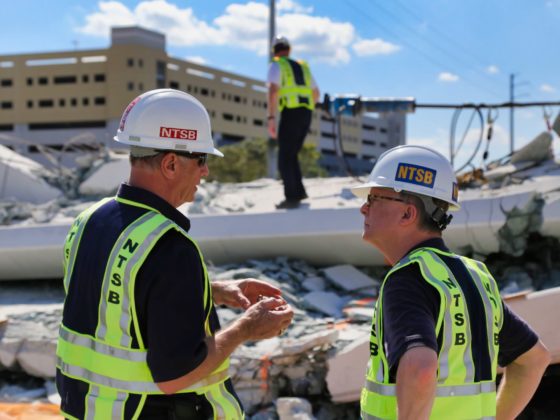Larry Stein was an orthodontist just outside of Philadelphia. He started his practice shortly after he completed his training. His wife, Rachel, ran his successful practice with many happy patients for more than forty years. When it came time to retire Larry and Rachel sold his practice and bought a condominium on Florida’s Treasure Coast. Here, they would spend their winters and enjoy the beaches of South Florida. Larry was incredibly active. He enjoyed swimming, biking, kayaking, and just about anything that kept him outdoors and under the sun.
On January 1, 2023, Larry woke up not feeling very well. Although he didn’t drink, he ate a little bit more than usual the day before while celebrating the coming new year. Larry went to a local hospital because he had abdominal pain accompanied by nausea, chills, and constipation. While in the emergency room, Larry’s pain only worsened.
His doctors made the decision to admit Larry to the hospital to run further tests. Because his pain was so significant, doctors ordered Dilaudid, an opioid medication to relieve severe pain, to be administered every two hours. Nonetheless, the pain would not subside. More importantly, the doctors ordered that Larry’s vitals be measured every four hours. This would monitor his blood pressure, heart rate, temperature, and respiratory rate. Unfortunately, the nurses did not follow this order. More significantly, a computer program implemented by the hospital to monitor vital signs as a warning of sepsis triggered an alarm. Tragically, the nurse on duty failed to inform any physician and ignored this “sepsis alarm”.
As Rachel sat in her husband’s hospital room and witnessed his deterioration, she pleaded with the nursing staff to help and call the doctor. They repeatedly assured her that her husband was fine, was being monitored and that she should not overreact. At about three o’clock that morning, Larry went to the bathroom, fainted, and slid off the bed as he attempted to lie back in bed. Startled, Rachel yelled for help and begged for somebody to do something for her husband.
At this point in time, nurses and doctors came to see what had happened to Larry. Doctors were able to resuscitate Larry and a CT scan was ordered. The CT scan revealed a ruptured peritoneal cavity. Doctors rushed Larry to the operating room where they performed a robotic rectosigmoid resection. The surgery revealed a significant case of diverticulitis which resulted in fecal peritonitis. Unfortunately, because of the nurses’ delay in advising doctors of Larry’s deteriorating condition, there was nothing that could be done.
Because of the delay in providing the care Larry needed, the care his wife begged for, and the care the hospital’s alarms warranted, Larry suffered acute hypoxemic respiratory failure, metabolic acidosis, lactic acidosis, fecal septic shock, and acute kidney failure. This eventually led to multiple organ failure and Larry’s untimely death.
Rachel could not believe that the man who kayaked and swam a mere 48 hours earlier and with whom she had been married for almost 50 years had passed away. She was told that Larry’s condition was severe and that nothing could be done. While those around her encouraged her to move on with her life, she felt the need to have some answers as to what happened, and she felt she owed that to Larry as well.
Consequently, a lawyer in Philadelphia contacted David Sampedro and asked him to look into this matter. After obtaining the medical records and conducting an investigation, David suspected that Larry’s condition was treatable and that if the nurses had contacted physicians sooner something could have been done to save his life. David contacted experts in internal medicine, emergency room medicine, nursing, and gastroenterology. After litigating the case, the hospital agreed to pay a confidential settlement.
While the confidential settlement cannot bring Larry back to life, Rachel felt vindicated. Rachel believes that bringing this claim will lead the hospital to change its policies and procedures to ensure that a tragedy like this never happens again



